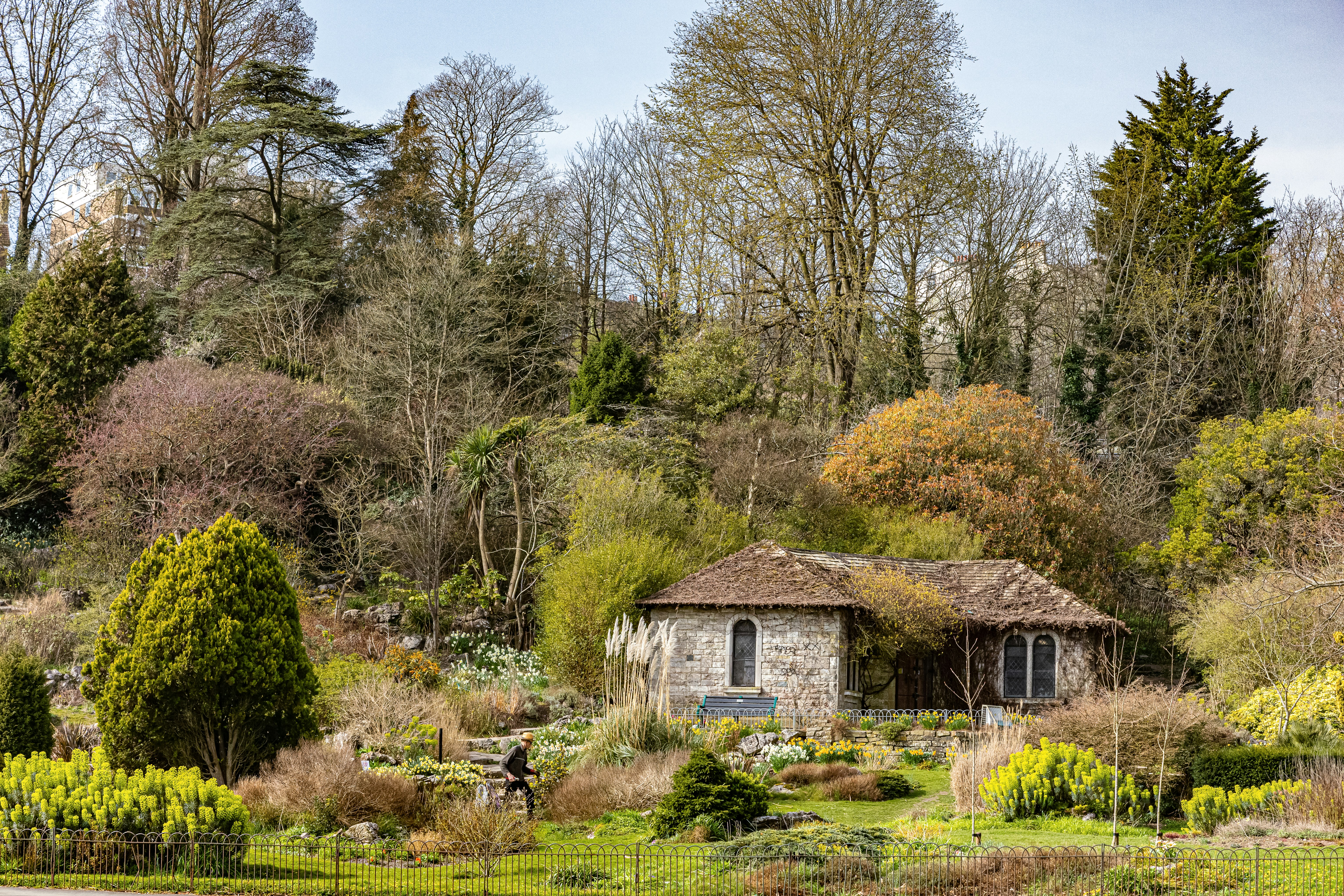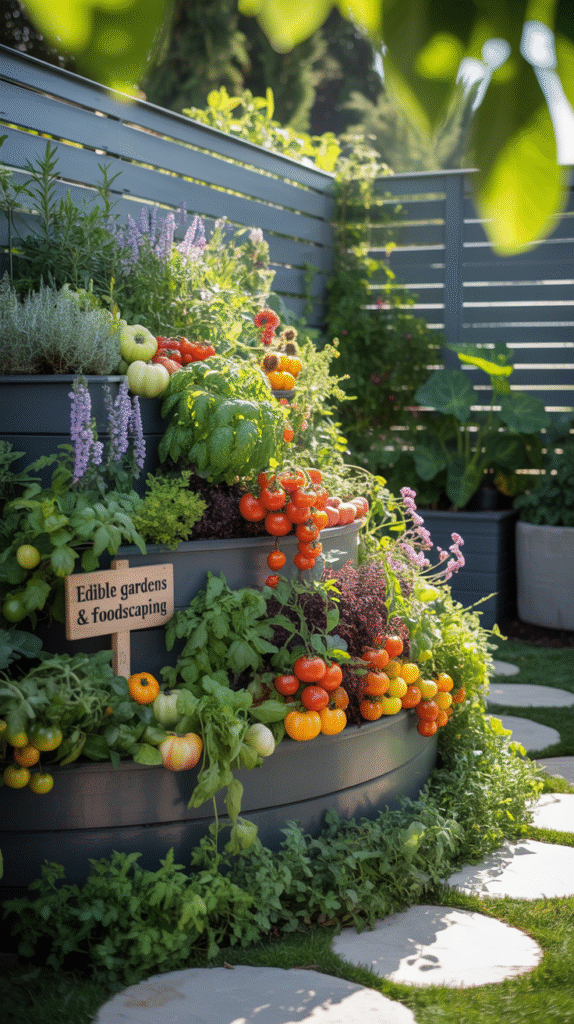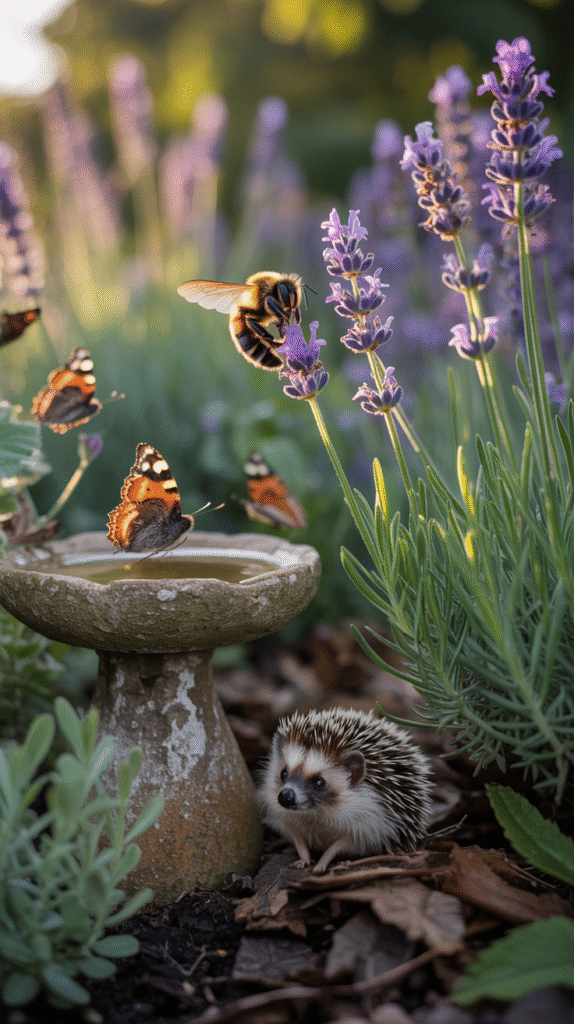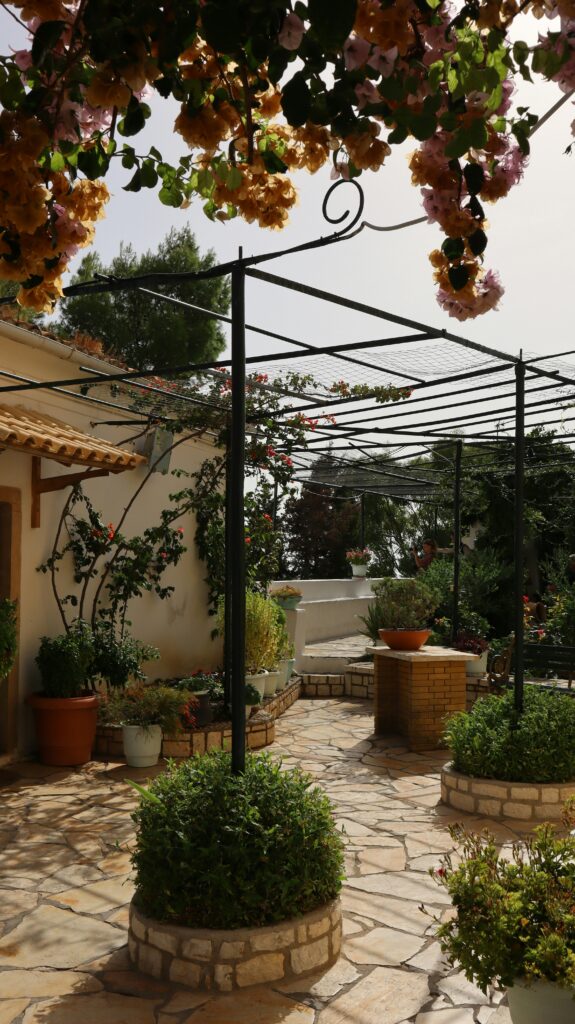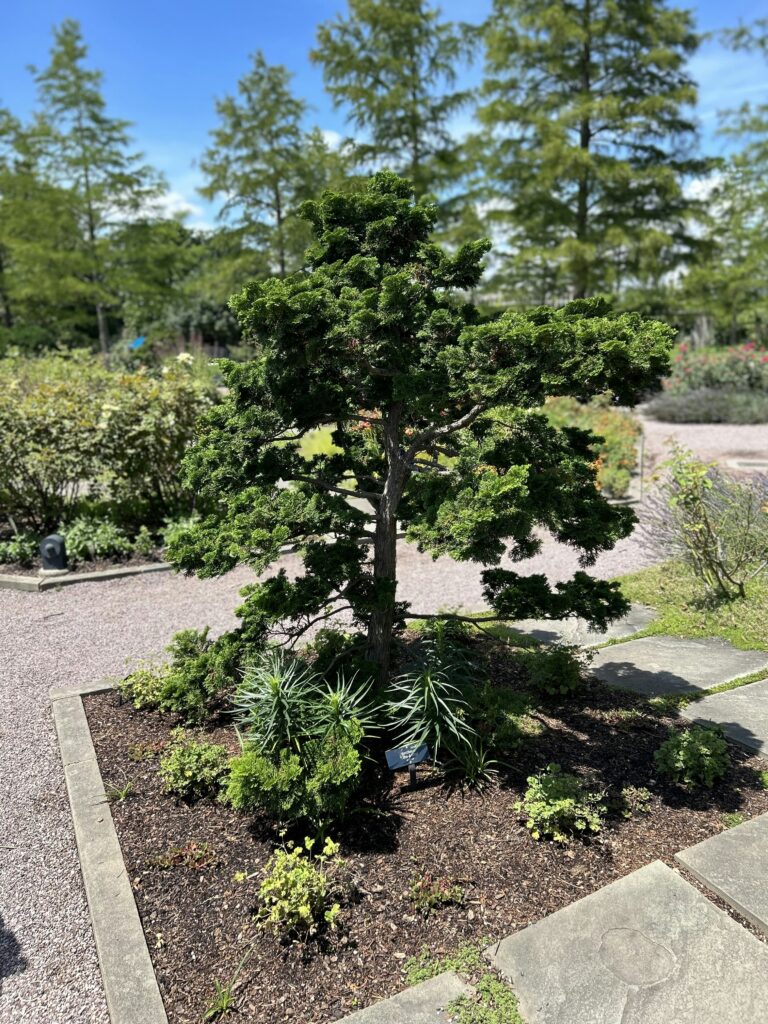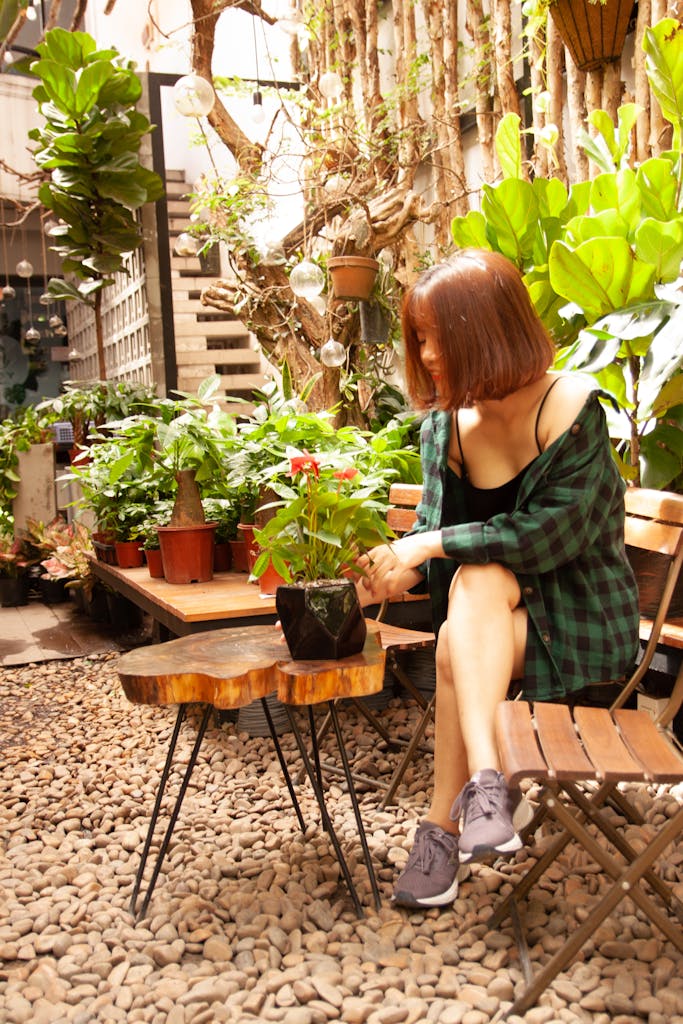The Allure of Cottage Gardens: Why Everyone Wants One in 2025
The Timeless Appeal of Cottage Gardens
Cottage gardens have long captivated enthusiasts, their enchanting allure rooted in a rich historical tapestry that dates back to the 16th century. Originally emerging in rural England, these gardens encapsulated a way of life that emphasized simplicity and self-sufficiency. The design of cottage gardens was primarily influenced by the agricultural lifestyle, where food production and beauty intertwined seamlessly in the landscape. This deep connection to nature laid the foundation for the organic aesthetic that characterizes cottage gardens, setting them apart from modern landscaping trends that often prioritize symmetry and uniformity.
What truly distinguishes cottage gardens is their whimsical charm, inviting an emotional response that resonates with many. The diverse array of plants and vibrant flowers contribute to a lush and layered appearance, creating an oasis of tranquility and color. Traditional varieties such as hollyhocks, foxgloves, and delphiniums mingle with herbs and vegetables, offering both aesthetic appeal and practical utility. This harmonious blend reflects a bygone era’s values, fostering a sense of nostalgia that many find irresistible in today’s fast-paced world.
Throughout various cultures, cottage gardens have taken on distinct meanings, signifying a deep-rooted connection to the land and the community. In some regions, they are a symbol of resilience and adaptability, serving as a reminder of simpler times. In others, they represent a sanctuary where individuals can escape the complexities of modern life. As gardening becomes a more prominent hobby, interest in cottage gardens continues to grow, prompting individuals to seek solace in these natural, organic spaces. Their timeless appeal lies not only in their beauty but also in the stories they tell and the history they embody.
Sustainability and Eco-friendliness
Cottage gardens are increasingly recognized for their sustainability and eco-friendliness, making them a popular choice for gardeners in 2025. These gardens often incorporate organic gardening methods that minimize harmful chemicals, ensuring that the soil and water supply remain uncontaminated. By embracing natural techniques—such as composting, crop rotation, and integrated pest management—gardeners can create a balanced ecosystem that fosters growth while preserving environmental integrity.
One of the defining features of cottage gardens is their emphasis on biodiversity. These gardens typically include a diverse array of plants, which support a variety of local wildlife, including beneficial insects such as pollinators and pest-eating species. By cultivating native plants, gardeners can contribute to the survival of local flora and fauna, helping to maintain the ecological balance in their area. Native plants are more resilient to local environmental conditions, require less water, and provide essential food and shelter for local wildlife, creating a harmonious relationship between the garden and its surroundings.
Additionally, the principles of permaculture are often applied within the context of cottage gardening. By designing these gardens to mimic natural ecosystems, gardeners can enhance soil health, promote water conservation, and reduce waste through effective resource management. Each element of the garden—from the choice of plants to the layout—plays a vital role in supporting the overall health of the ecosystem. Thus, cottage gardens serve not only as beautiful retreats but also as crucial components in the efforts toward a more sustainable world.
In essence, cottage gardens are more than charming landscapes; they are a proactive approach to gardening that champions sustainability and eco-friendliness. By prioritizing organic methods, biodiversity, and permaculture principles, these gardens make significant contributions to local ecosystems while offering a sanctuary for both people and wildlife.
The Therapeutic Benefits of Gardening
Engaging with a cottage garden offers numerous therapeutic benefits that extend beyond mere aesthetic pleasure. The act of gardening has been documented as an effective stress-reliever, allowing individuals to escape the fast-paced demands of modern life. Being surrounded by nature enhances a person’s ability to focus while fostering mindfulness. As individuals tend to their plants, they often find solace in the repetitive nature of gardening tasks, which can promote a state of flow and relaxation.
Moreover, gardening is a form of physical exercise that contributes to overall health. Tasks such as planting, weeding, and watering can lead to improved cardiovascular health, increased strength, and enhanced flexibility. Furthermore, spending time outdoors in the fresh air has been shown to boost one’s immune system and improve mood. It is not uncommon for individuals to report feelings of happiness and accomplishment after successfully nurturing their plants. Both the physical activity involved and the sense of achievement play crucial roles in improving emotional resilience.
Creativity also flourishes within the boundaries of a cottage garden. The process of design, from selecting flowers to arranging plants, encourages individuals to express their unique styles and preferences. This creative outlet not only enhances joy but can also serve as a therapeutic tool for self-discovery and expression. Personal anecdotes resonate with this concept, as many gardeners recount how their connection with nature fosters inspiration and a sense of purpose.
Expert insights further support these observations, highlighting the importance of nature engagement in promoting mental health. Studies reveal that gardening can alleviate symptoms of anxiety and depression while fostering a deeper connection with the environment. Thus, creating and maintaining a cottage garden emerges not only as a delightful endeavor but also as a significant contributor to improved mental and physical well-being.
Cottage Gardens as a Trend in 2025
As we approach 2025, the charm of cottage gardens has transitioned into a prominent trend that reflects our collective desire for connection with nature and a simpler way of living. This gardening style, characterized by its vibrant flowers, diverse plantings, and a very personal aesthetic, is gaining traction among individuals seeking to transform their outdoor spaces into picturesque retreats. The rise of do-it-yourself (DIY) gardening has played a pivotal role in this trend, as more people delve into self-sufficient practices that enhance their skills and foster a deeper appreciation for the cultivation of plants.
In today’s fast-paced world, the calming presence of a cottage garden provides an antidote to urban life, offering an organic sanctuary where individuals can unwind amidst nature. The appeal of these gardens lies not only in their aesthetic beauty but also in the sense of accomplishment that comes from nurturing living things. Furthermore, the rise of social media has facilitated the sharing of creative gardening ideas, inspiring others to embrace cottage gardens. Platforms like Instagram and Pinterest are filled with images of lush, overflowing flower beds intertwined with herbs and vegetables, encouraging a collective admiration for this style of gardening.
From a property value perspective, the incorporation of a well-designed cottage garden can significantly enhance a home’s marketability. Prospective buyers increasingly favor properties that offer a connection to nature through thoughtful landscaping. Therefore, as the demand for serene outdoor spaces rises, the sustainability and charm of cottage gardens may evolve. Considering the implications for gardening enthusiasts and homeowners, it is evident that the trend for cottage gardens is set to expand further. As we continue into the future, the desire to cultivate these delightful havens will transform outdoor living, promoting both environmental awareness and personal wellness.

